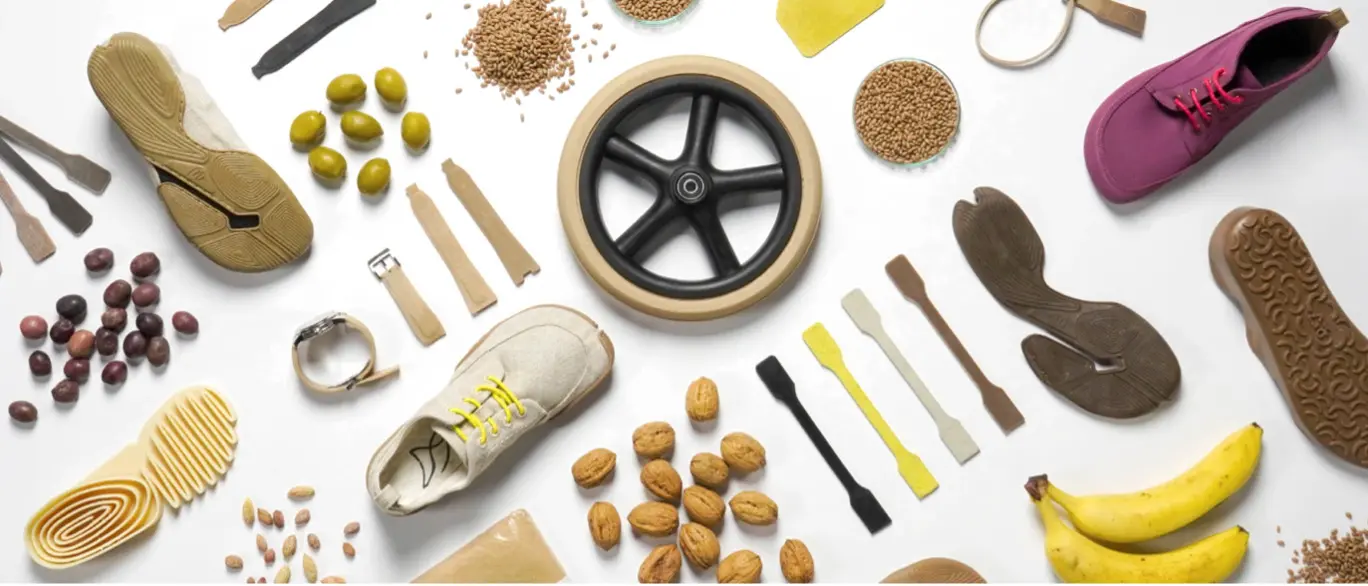Sustainability Safari at KUORI
Founded in 2022, KUORI’s mission is clear: to break free from the world’s dependence on oil-based plastics. Rather than accepting the conventional path, we asked ourselves a daring question: “What if we could drastically reduce microplastic pollution?”
ZHAW Sustainability Safari
The Sustainability Safari provides insights into successful and sustainable start-ups and companies. We want to encourage you to develop and implement your own impact idea. The ZHAW Sustainability Safari takes place as part of Impact Entrepreneurship, which is part of the ZHAW Sustainable Impact Program.
About KUORI
As a B2B enterprise, collaboration is central to KUORI’s strategy. By partnering with leading companies in the outdoor and automotive sectors, KUORI creates tailor-made material solutions that meet the specific requirements of each partner and product. These partnerships help KUORI develop competitive materials while providing valuable insights into market needs. In return, KUORI empowers its partners to transition to more sustainable practices, creating a win-win scenario that drives innovation and environmental responsibility.
KUORI’s Material: BIOWA
BIOWA is a biobased and biodegradable thermoplastic material. It is based on the use of food by-products (walnut shells and olive pits) as biofillers in thermoplastic elastomers (TPE). It replaces conventional (fossil), non-biodegradable rubbers and elastomers with a bioplastic that only emits biodegradable microplastics during the lifespan of its products. By incorporating unused food by-products into the bioplastic matrix, KUORI has the possibility to modify the material properties and offer versatile and tailormade application possibilities. Rethinking waste in this way makes BIOWA a circular material, avoiding the use of fossil fuels and leaving no harmful residues in the environment.
The bio-based content of BIOWA brings several environmental advantages. Bio-based materials are considered circular since they are derived from renewable biological sources. These materials have the potential to degrade naturally, breaking down into natural components like carbon dioxide, water, and biomass through biological processes like composting or anaerobic digestion. .
At a glance
- Who: Students and employees of all ZHAW departments. External persons are also welcome!
- Focus topic: Kuori's impressive history and what founders and start-ups can learn from Kuori
- Registration deadline: May 14, 2025
Date
Start date: 14 May 2025, 06.00 pm
Location
Kuori, Wagistrasse 4, 8952 Schlieren
Organizer
ZHAW sustainable
